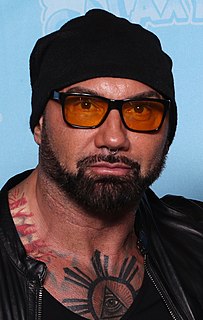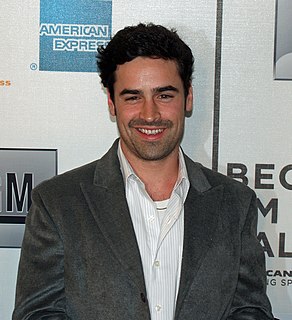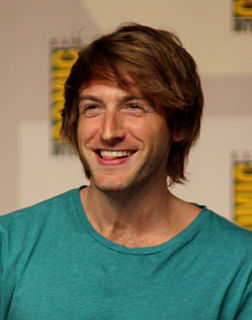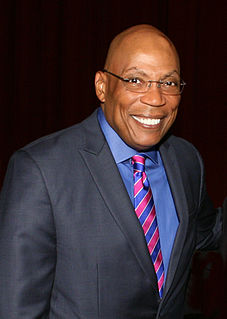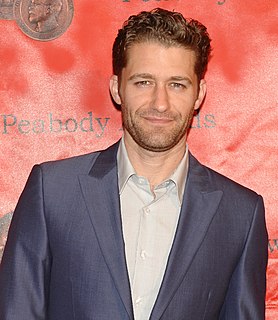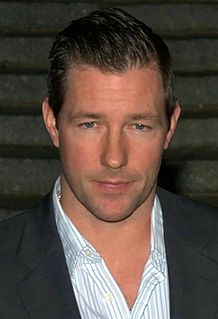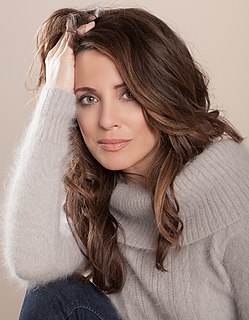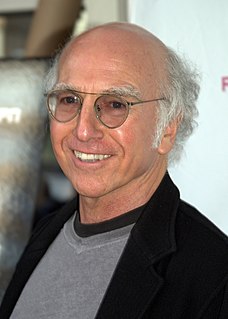A Quote by Dave Bautista
The pressure is always stepping on stage with actors who are just so well-established. It's a scary thing. I haven't been around the block that many times, especially not on big projects. Dialogue makes things easier. When you start bouncing dialogue off of other actors, it becomes comfortable; it becomes conversational.
Related Quotes
I don't see myself as one type of actor. When you get one role, you start to get cast in that role for awhile because that's what people have seen you do, and have hopefully seen you do it successfully. And so, it becomes an easier thing to see you as, for casting directors and directors, and they start to think of you as that particular person or type of character. But, for me, I'm just an actor, first and foremost. The actors I respect are the real character actors, who are the real chameleon actors that completely change from role to role.
I love that process in which there is no safety net. Then the actor also can allow mistakes, because there's no such a thing as a mistake. You're working with good actors, that thing that starts as a mistake becomes actually the life of what is going to follow in the scene. I find that it is fantastic, and for me it is easier than for the actors.
A lot of the times the first take was the best, because the actors are not analyzing themselves as much; they just do it. I believe in happy accidents and I'm not necessarily into actors getting the dialogue exactly as I wrote it; I'm much more into them understanding the motivations and have it come out in a natural way, and maybe catch something that I didn't expect.
